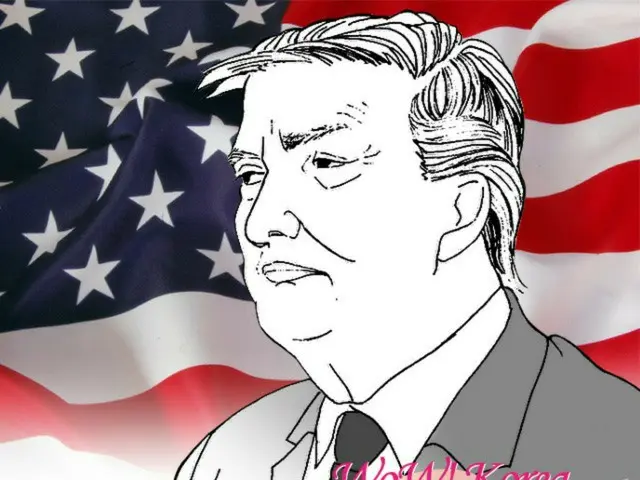They may also demand amendments to the U.S.-Korea Free Trade Agreement (FTA) to improve the U.S. trade balance in the agricultural and food sectors.
According to the "US Presidential Election, Agricultural and Trade Policy Implications" released by the Rural Economic Institute on the 2nd,
If former President Rump is elected, the U.S. government is expected to actively work to improve the U.S. trade balance through bilateral negotiations.
This is because former President Trump has implemented protectionist trade policies in general.
This is consistent with the Democratic Party's policy direction, which places importance on relations with allies, and the Republican Party's policy direction, which advocates trade restrictions and a strong stance against China rather than relationships with allies and international organizations.
A representative example of this economic policy is the imposition or increase of new tariffs on agricultural and food products exported to the United States as part of the strengthening of trade protectionism. In this case, it is possible that tariffs on agricultural and food products produced in Korea will be increased.
This could lead to a decline in price competitiveness in the U.S. and a slowdown in agricultural and food exports. According to the Ministry of Agriculture, Food and Rural Affairs, agricultural and food exports amounted to $7.375 billion (about 1.11 trillion yen) through the third quarter of this year.
Exports to the United States were the largest at $1.16 billion (approximately 177.5 billion yen), up 20.8% from the previous year.
Customs clearance for Korean agricultural and food exports to the US may also become stricter. The US is the country where Korean agricultural and food exports have the most problems with customs clearance.
Of the 469 issues, 140 cases, or about 30%, occurred during exports to the U.S. The most common issues were labeling and packaging (51 cases), non-compliance with ingredients (46 cases), and incomplete documentation (21 cases).
), hygiene (13 cases), and detection of pesticide residues (4 cases). There are concerns that the import pressure from the U.S. will increase and the trade balance in the agricultural and food sector will worsen. The Korea Agricultural Research Institute said, "Candidate Trump
If elected, U.S. agricultural trade is expected to place more emphasis on improving the trade balance through tariff negotiations and other means than on U.S. government support for exporting companies," he said. "I would like to see the U.S.-Korea FTA be revised."
"There may be demands on non-tariff barriers, such as quarantine issues on beef and fruit, and improved approval procedures for new biotechnology products," he said.
He added, "The United States is Korea's largest agricultural and food export market, so we need to take preemptive action," and "We will strengthen our relationship with the United States through diversifying our agricultural and food export markets."
"We also need a strategy to reduce our dependency on China and expand exports to Europe and Southeast Asia," he said. On the other hand, if Democratic Party candidate Ha Ri Su wins, she will be expected to take on environmental and labor issues in the agricultural trade sector.
If a carbon border adjustment mechanism similar to that proposed for 2026 were to be introduced in the agricultural sector, 100% of agricultural and food exports to the United States would be
The report points out the need to strengthen technological development and support for low-carbon agricultural production, focusing on vegetables such as strawberries, tomatoes, and cucumbers, as well as processed foods, which have high carbon emissions.
2024/11/03 07:10 KST
Copyrights(C) Edaily wowkorea.jp 107

